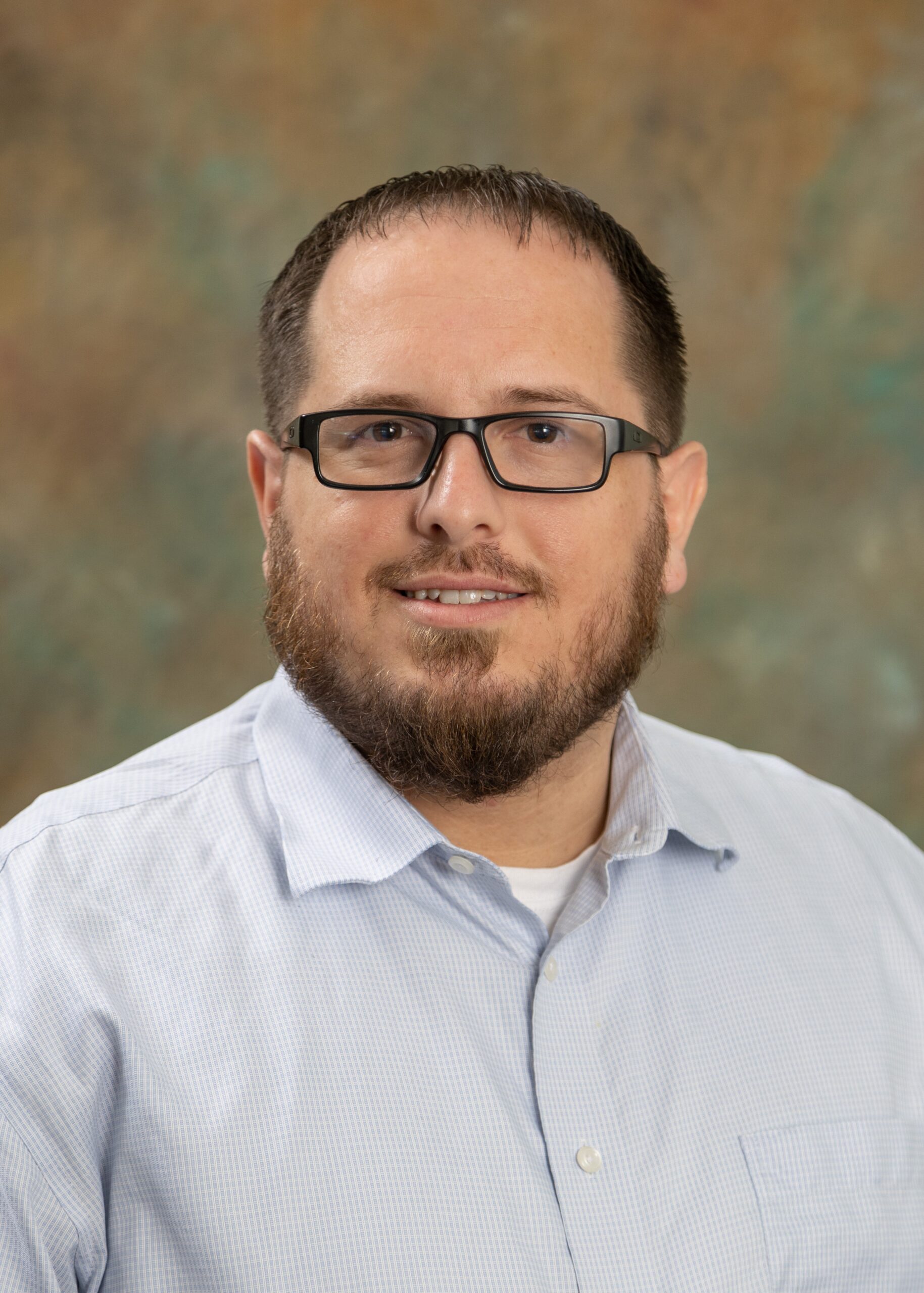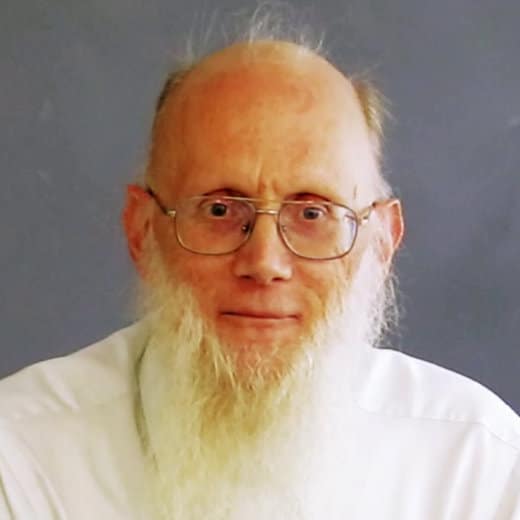School Subjects
Board & Administration
Teaching & Learning
It Can Be Done: Preparing for a School Leadership Transition
★★★★★
Austin Shenk,Clayton Shenk June 19, 2020Years before he stepped down from leading Tidings of Peace Christian School, Clayton worked with the school board to initiated a transition plan. In this conversation, Clayton and Austin discuss the search for a new administrator, the process of planning for the new administration, and the benefits of a phased process for passing on the baton. Whether your school is considering new administration for the future or in transition now, consider the principles that Clayton and Austin offer.
Note: This interview was recorded in February 2019, before Clayton’s cancer was discovered.
And the whole idea that the school board was willing to allow you to have plenty of time to plan. Think about that one with us a little bit.
Austin: Yes. I also appreciate our school board and the chairman who took time to say, “Okay, this is our timeline that we need, but we need you to tell us what you need in regards to the transition.” They gave me the freedom to say, this is what I would like to see.” I wrote it out. I talked with our chairman and talked to you and our chairman. We had a really good plan about how the transition was going to look. They put me in the driver’s seat, but not fully responsible for it. They allowed me to get input from them. That was really helpful. Then part of that plan and part of my desire was to take a whole quarter of the school year, right before taking over leadership, just spending time in planning and just looking at the future and what I want to have in place so that it’ll be easier to do.Because as I watched you lead for 24 years, I’ve seen that there was a lot of pressures on you that you can’t plan for: the unknowns and the things that come at you. It’s very nice to have this time now to plan, and I’ve been very blessed by that.
Clayton: I’ve never been through a transition before. Our school board has never been a through transition before. We don’t have a lot of practice. Hopefully, you don’t have to repeat that; once every 25 years you transition from the administration. The board was serious about getting plenty of opportunities and other voices to ask other people how they have done it, to research it. It wasn’t just simply a, “Oh, well, we’ll see who’s willing and put them in,” [but] to search the willingness of other people and other men and to go out and to do a diligent search. I think that’s very, very critically important. One of the things that I think about was, Austin, I’ve often said each generation should become better: build on the good, forgive the bad, and become better.I saw in you sitting down and saying, “Okay, how do we want to do fundraisers?” and spending several hours thinking through it. “And how are we going to do PTF’s? How are we going to do…” Just every detail of the school, so that when you take over, it’s not a, “Oh, whoops, I need to think that through.” It’s already done. I commend you and praise the Lord for all the others who spoke into your life and helped train you to become a better man. I think the school will benefit from them.
What other aspects would you recommend that other school boards would repeat if they’re looking at transition?
Austin: As I mentioned, they put me in the driver’s seat and allowed me to say what I would enjoy. The one thing that I said I want, and they allowed, is for us to have an hour meeting every day to just talk through any questions that I have. That’s been extremely precious and very helpful. They also very much cared about allowing it to become a team because you were allowed to grow with the school, and now I’m coming into a school that’s much more established, and they allow it to become a three-person team. Allowing that to happen and allowing the other members of the team to join in with our discussions has been very helpful. Clayton: Very good. As we think about the boards, we think about other boards saying, “Well, I’m not in quite the same situation.” I mean, there are some people who say, “Never ever pass it from founder to his son. Never ever repeat.” And yet, is there a right or wrong way? What part of this whole transition was just simply, “Okay, God help us figure this out?” Austin: I really feel that it was bathed in prayer. I think that’s very essential. I feel blessed by, as you mentioned, the board looking beyond me asking the question, “Should the son take the place?” And I was very willing, but I also through the process of the interview, through the process of all this planning have become very aware that God has to be in charge and just everyone’s awareness of that has helped tremendously.I just would like to hear more about the thought process that you had to do to get the board to think ahead as well.
Clayton: I said, “When I’m 60, I want to be out. I want to retire, but I give you I’m going to give you five years’ notice.” I don’t know why God put 60 on my heart. I’ve observed many men who should have retired five years sooner than they did. At 60 you could still go for a while you could still have energy and ideas, and you could run the school for way longer than 60. But why not turn it over to new energetic blood, new energetic enthusiasm? I won’t retire, we’ll get retreaded and we’ll have some other ministry, another option. Austin: As the board led the transition for us, they also led it for the staff. At the beginning of this school year at orientation, they had a letter from the chairman that explained how it was going to work, how we are going to transition through the school year, how our principal is going to continue teaching but become the principal halfway through the school year, and I would take over your place. That explanation came from the board. Then they also planned two staff interviews this year, specifically for the purpose of finding out if there’s additional stresses or things that they need to know. Clayton: I think one of the aspects that we did is to ask staff for names. “Okay, we’re looking for a new administrator, and the school board is open to any and all ideas.” And so we had staff from Ohio and from Ontario, and we had staff from many places that would have names that we would not even know of. We allowed them to give names. You’ve been part of the staff already as a teacher, and now assuming the part administrator also helped that it wasn’t a complete stranger coming in, that was going to take over that role. Austin: One of the experiences that Faith Builders gave me was an internship. During my internship at Gehman’s, they were also facing somewhat of this question, although not transition of leadership, necessarily; they were talking more of the dispersing of leadership. I got to walk beside Michael Burkholder, helping him to think through how to create a team and how the responsibilities would be divided up. And so, since now we’re moving to a team I think that experience was very helpful for me in thinking about how to divide that up. Clayton: I think one of the things that we can’t minimize at all—you mentioned it earlier—was God: just really dependency on God. Because the transition of administration is something you hope you don’t have to do very often. There are new people on the board, there are people on the board who have never ever experienced a transition, and so for them, they’re going to have to really depend on each other. We praise God, we also praise the Lord for the school board and the unity that they had, the unified direction. It worked very, very well.It can be done!
Austin: Amen. It’s very enjoyable. Thank you for your good leadership in the process. Clayton: Well, praise the Lord. I’m excited to hand it over to good hands.Grades:
Resource Type:




Leave a Reply